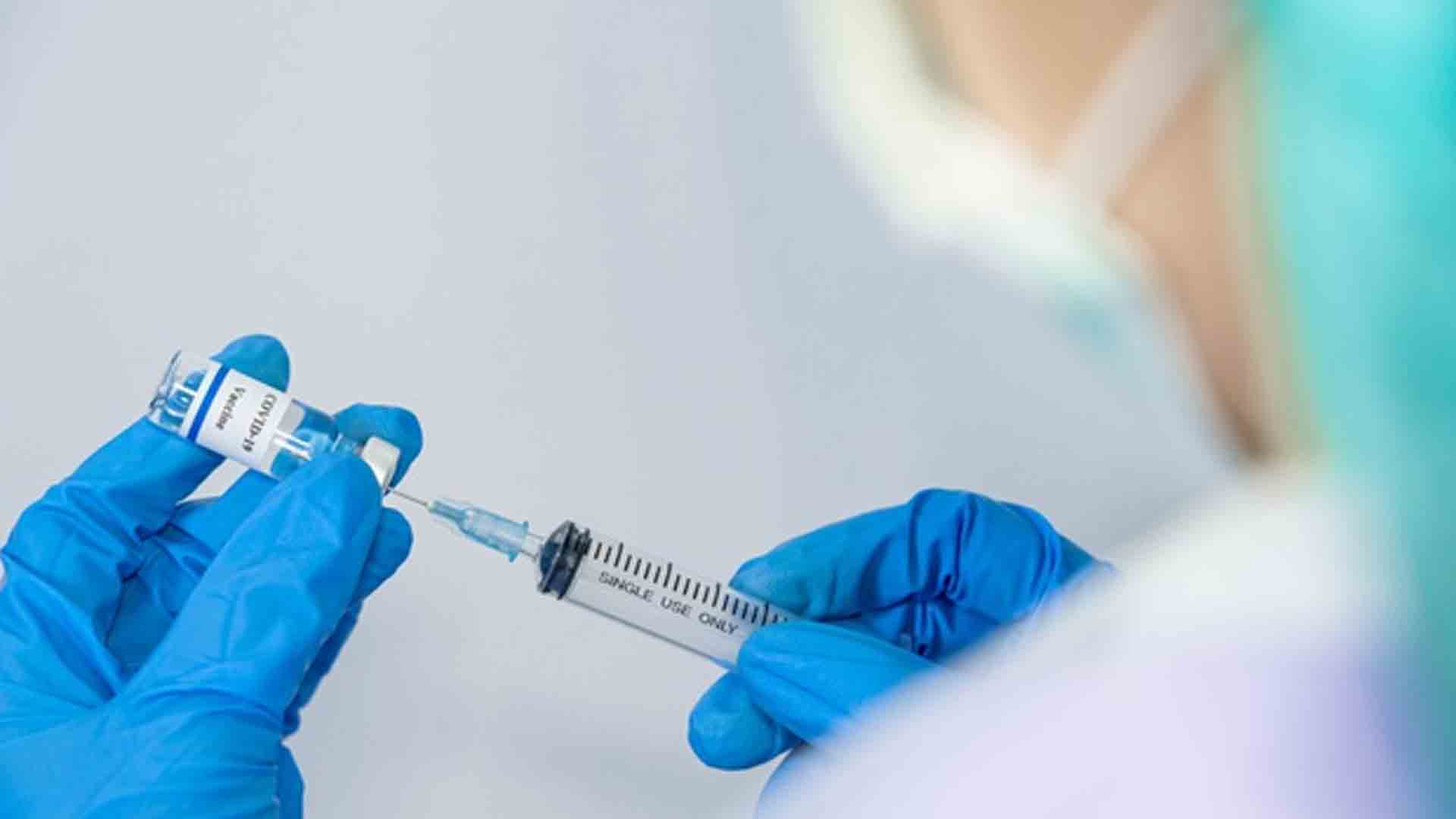Promising news on the development of effective vaccines recently sent stock markets soaring, as if the war on coronavirus were all but won, but more sober observers could clearly see a number of hardships ahead.
Despite three vaccines boasting effectiveness of as high as 95 percent, along with optimism over Joe Biden’s upcoming presidency, the virus figures continued their grim march upward, with the number of confirmed cases worldwide hitting 61 million and deaths standing at more than 1.43 million.
“Optimistic bias can be both a blessing and a risk, you should be both happy and wary if you are temperamentally optimistic,” cautioned Nobel Prize-winning economist Daniel Kahneman in his bestseller Thinking Fast and Slow.
These words seem perfect for understanding the mindset of investors who act as if the pandemic was over, increasing the appetite to rush into risky assets.
But actually, the virus is very much still with us and there is still a long way to go in combating it.
A recent study on vaccine-related challenges published by the Centre for Economic Policy Research portal shows that from manufacturing and distributing to suspicions over the safety of coronavirus disease 2019 (Covid-19) vaccines, there are a number of concerns.
Vaccine fears
The study tackled what we might call the elephant in the room –the hesitancy many people might have about taking a vaccine.
Citing a Pew Research Center survey this September of 10,000 Americans, the study said about 51 percent of people say they would definitely or probably get inoculated.
And the portion who would definitely take a vaccine now stands at just 21 percent –just one-fifth of the total, a warning sign.
“If take-up is that limited, the miracle cure may be no cure at all,” underlined the study, telling how 95 percent of a population needs to be vaccinated to build up immunity to measles.
Researchers also warned that contagion-mitigating behaviors may not persist in the post-vaccine period, calling this “alarming.”
“What share of the population must be vaccinated to prevent the infected from spreading the disease depends not only on the properties of the virus, of course, but also on behaviors such as mask-wearing and social distancing,” the study said.
When it comes to addressing safety concerns, the study urged public health experts to help encourage acceptance of the vaccine, by doing consistent messaging on risks.
The scholars also noted the vaccine skepticism may be Covid-19 specific.
“Messaging by certain politicians that Covid-19 is not a serious health threat –and in some cases questioning whether the threat even exists– may cause people who support those politicians’ other policies to question whether a vaccine is necessary or effective,” it said, raising the specter of irresponsible politicians actually helping the virus survive.
Logistical challenges
Another big hurdle is likely to be the vaccine distribution process, which is expected to be quite challenging, especially for vaccines that require extreme cold temperature storage.
According to Amesh Adalja, a senior scholar from the Johns Hopkins Center for Health Security, many parts of the world may get alternative vaccines such as the AstraZeneca version, which does not require such cold storage.
He underlined that distribution would be a major public health undertaking no matter what vaccine is chosen for a given country.
“Countries will have to be very transparent with their populations when it comes to the risks and benefits of the vaccine. They will also need to articulate who will get the vaccine first and how that prioritization was determined,” he said.
Experts also calculate that 15,000 flights and 15 million cooler boxes will be needed to transport every 10 billion doses, which is another considerable hurdle.
Pricing challenges
And the cost of vaccines is yet another huge bump in the road awaiting governments.
AstraZeneca and Oxford have promised to enable affordable vaccines during the pandemic and also keeping it “at cost price” for low- and middle-income countries after the pandemic for future outbreaks.
As for Pfizer and Moderna, neither has made such promises for when the pandemic is over.
Some wealthy nations such as the US and the UK have already pre-ordered millions of doses of these three vaccine candidates, and could potentially vaccinate more than their populations.
According to the Duke Global Health Innovation Center, individual countries and the EU have already ordered 2.8 billion doses of these potential vaccines.
This pre-ordering actually helped the development of these promising vaccines, yet at the same time, there is fear that this will lead to unequal distribution.
According to some mathematical models, if wealthy countries buy up all of the first available vaccines, the pandemic will actually kill more people than if these vaccines were distributed evenly across the world.
After a bullish November for global stocks due to good vaccine development news, given these sizeable roadblocks lying ahead, it seems wise investors would be better to stay “realistic optimists” for the foreseeable future. (PNA)





















